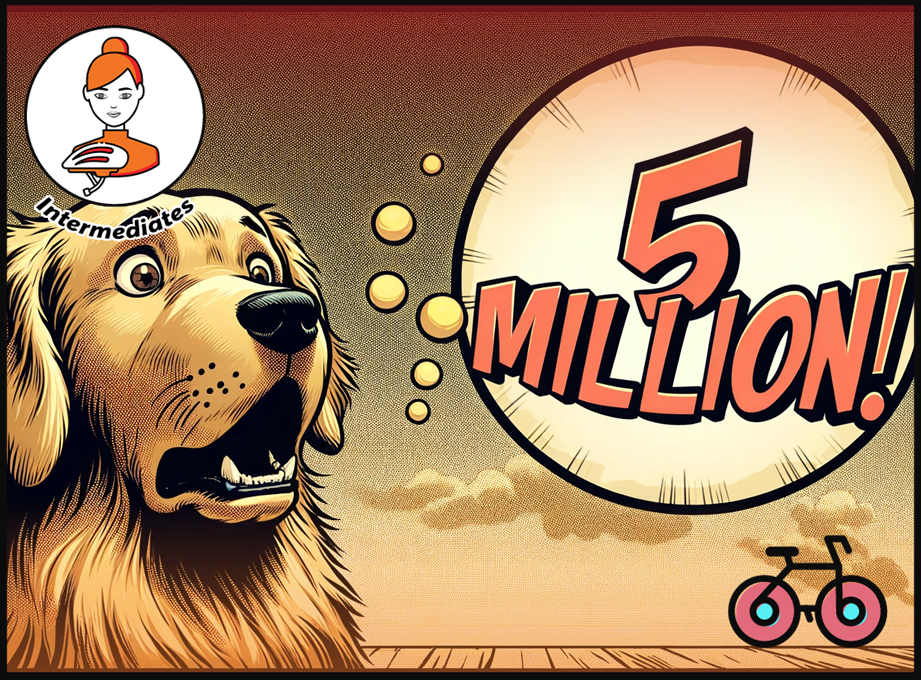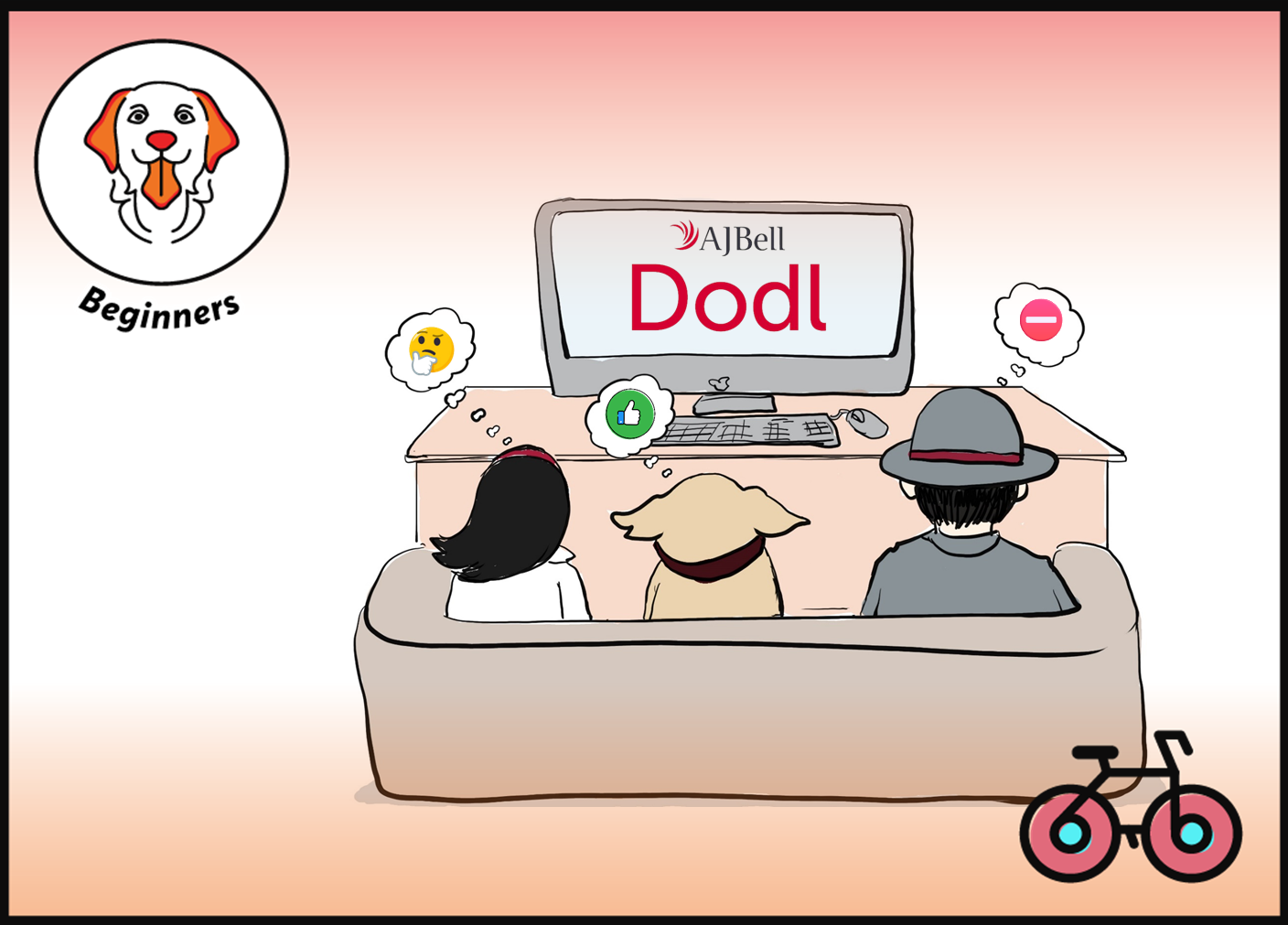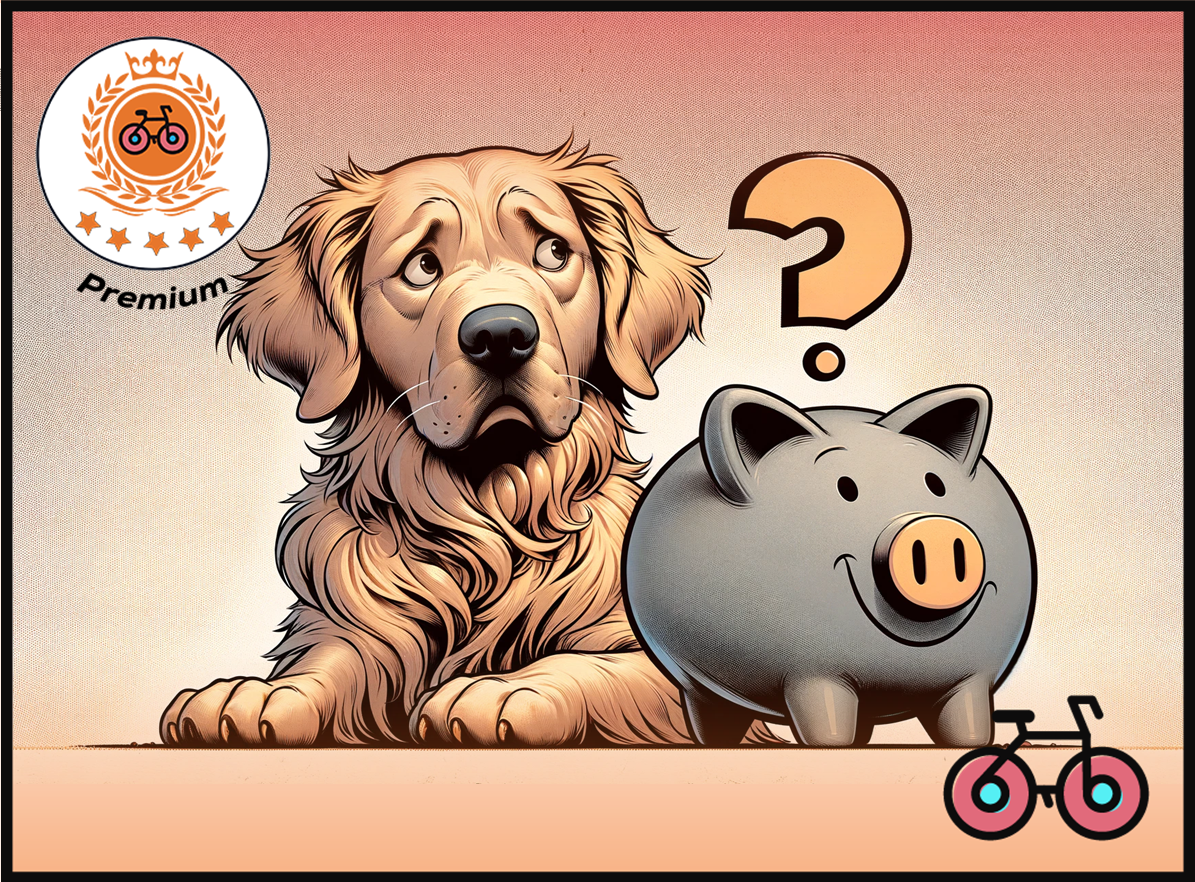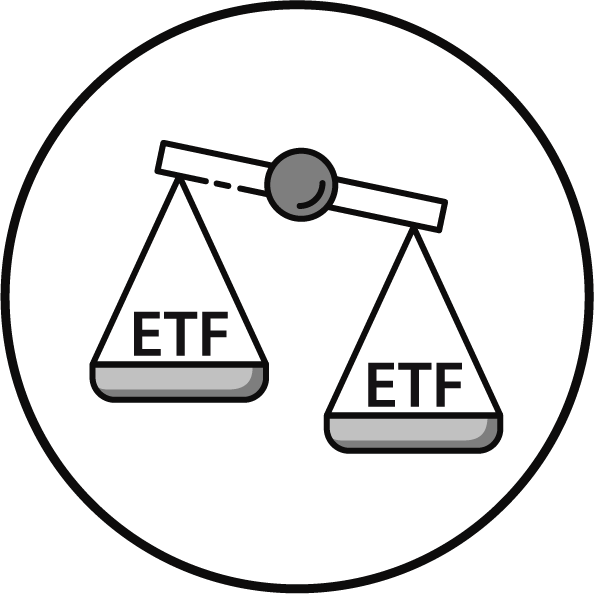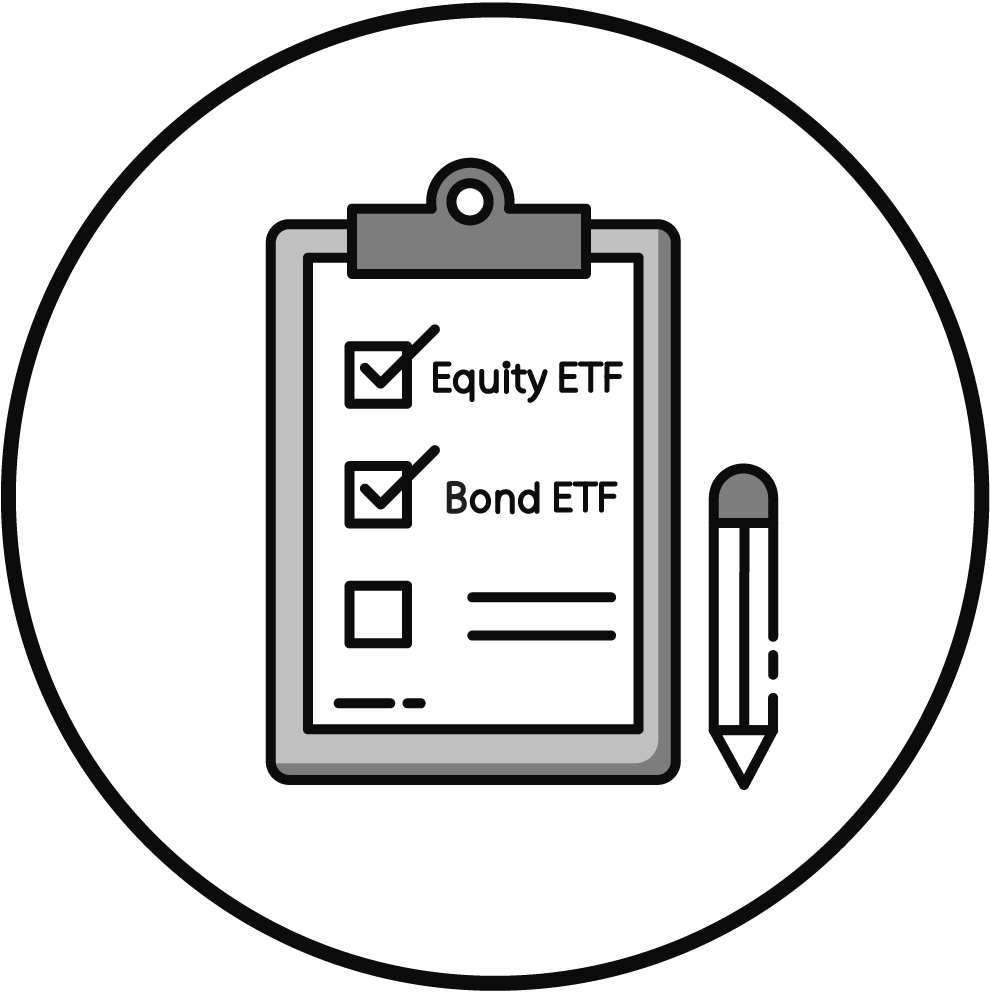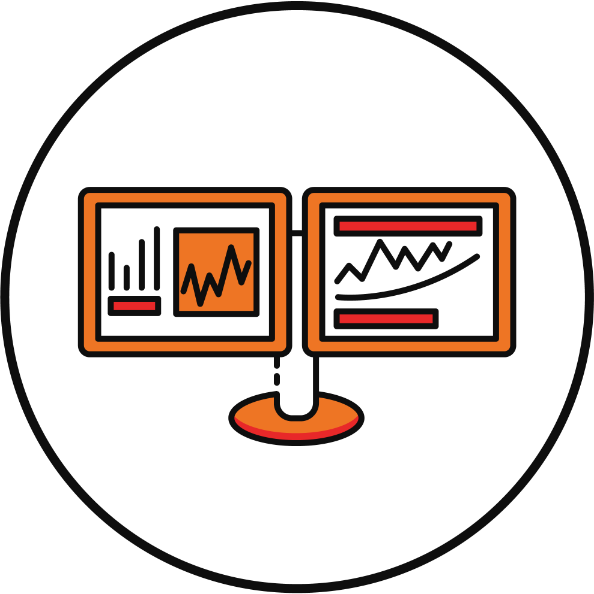Financial independence planning in 2023 – The Ultimate Early Retirement Checklists

Bankeronwheels.com is dedicated to helping you become Financially Independent.
Some of our readers are also part, or interested in, the Financial Independence, Retire Early Movement (also known as “FIRE”).
As part of Bankeronwheels.com Lifestyle series, Kathrin shared how she discovered FIRE.
Today, she shows how she implemented her plan through checklists.
How can you use her experience at the beginning of 2023 to reinvent yourself?
KEY TAKEAWAYS
- Kathrin found that making a long-term plan to break down the goal and keep herself on track works very well.
- Our first checklist will help you to get started. We also created the 3L checklists to help you organise your life.
- The first ‘L’ is Living Life. How do you plan around life essentials while reducing unnecessary costs?
- The second ‘L’ is Loving Life. It’s usually the mismanaged L. It’s not only about the destination but also the journey and values that define you today.
- The third ‘L’ is Later Life. How to invest wisely for Early Retirement.
Here is the full analysis
If you’ve recently discovered FIRE, you might be amazed by the possibilities open to you. Not having to work for the rest of your life feels freeing and wonderful. But achieving FI doesn’t happen in a year or two. Almost everyone has to spend at least a decade working towards this massive goal. I found that making a long-term plan to break down the goal and keep myself on track works very well.
The Destination - Starting Out
My Starting Point
Consider what you would like to achieve in the next ten or twenty years and who you want to spend your time with.
Is there an issue or problem you deeply care about and would like to help solve? What FI is for you? Some people want to retire in their 30s, while others simply want to work part-time and reduce their stress levels. Before you start, figure out what your ideal life looks like day-to-day. Think about health. By living a healthy life now, you can reduce your healthcare costs in the future and make sure your FIRE life is as enjoyable as you imagined it to be.
Kick-off Checklist
- List - Two to five goals to reach in the next 10–20 years
- Plan - How Can Financial Independence help reach Those goals?
- Imagine - YOUR DAY-TO-DAY. What is the aim (full retirement, reduced hours)?
- Summarise - What is your current net worth?
- Project - What is your target net worth?
- Calculate - Given age, saving rate, timeframe and asset allocation, is the goal realistic?
- Account for - How can you stay healthy on your journey?

Kathrin's Experience
When I first found FI, I created a 10-year plan that included four aspects:
- Listed and Planned: Start working on one of my top post-FI goals, which is writing. The aim was to publish at least one piece of writing by the age of 30 and eventually write a book. I have already achieved both of these goals and am now polishing my novel.
- Imagined my Day-to-Day. Accumulate enough money to be able to reduce my working hours to 1–2 days a week to pursue other activities.
- Projected My Net Worth – I set a target date for each 100k saved. I’m currently at around 59% of my lean FI target, which I want to reach in six years’ time. Right on track! I save at least 50% of my post-FI income. As a self-employed person, I have a different income each month. Fortunately, work has been very busy in the past two years, so my savings rate has been 60-65%.
- Accounted For Health: Exercise regularly to stay healthy. I have an electric bike, so I cycle everywhere. I also hike and do Pilates every week.
❤️🐶 Shop & Support - Celebrate our 4th anniversary! 4️⃣🎂
Spread the Golden Retriever Wisdom Across Europe & the UK 😎
Banker On Wheels is 4 years old! To celebrate our anniversary we have launched the official merchandise store – Shop.Bankeronwheels.com. You can now get your favourite Golden Retriever, or your factor tilt on a coffee mug or a T-Shirt while supporting our cause! All profits are reinvested into creating more educational content. Alternatively, you can also buy us a coffee. Thank you for all your support ❤️
The Journey - Organising Your Life Around 3L's
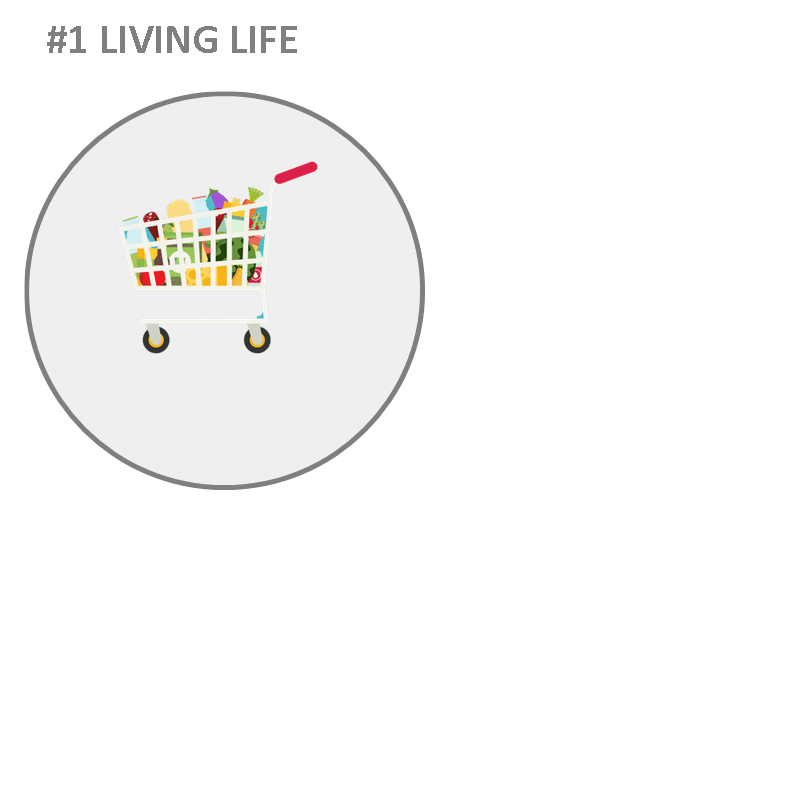
The first ‘L’ is all about life essentials. Keep your basic living expenses low, while enjoying your life. Pay off your debt as quickly as possible, reduce your expenses where you can, and only splurge on “nice to have” budget items when you’re already hitting your savings targets.
Living Life Checklist
- Housing - mortgage/rent and bills
- Food - Supplies and Flexible (Restaurants)
- Health - insurance, regular medications
- Transportation - car loan, fuel or public transport
- Family - Children education, Parental support
- Subscriptions - magazines, music or movies
- Any other debts

Kathrin's Experience
Personally, I haven’t needed a budget since starting my FI journey. The goal of freedom is so important to me that I automatically only spend on things that bring real value to my life. I have made several adjustments to increase my savings rate.
I no longer commute by train or bus, but I ride my bike instead. The one-off expense related to purchasing a new GoCycle is offset within two years when compared to an annual London travel card. Over five years, I can save at least £4,000. This is especially true since London transport fares increase by 3-5% each year.
My diet has also changed. I used to eat out for lunch almost every weekday while teaching in London. But as soon as I discovered what a detrimental effect this has on my finances, I switched to bringing my own lunch. On average, I save £25 a week that way. If I invest this amount of money for 30 years, I end up with almost £122,000 in my account (assuming 7% annual growth). Other benefits are that I now eat healthier foods and enjoy rare restaurant meals much more than I used to.
2. Loving Life
The second ‘L’ is about something that’s often missing in the pursuit of Early Retirement – Loving Your Present Life. It’s not only about the destination. It’s about the journey. It’s important to build up friendship circles, hobbies, and positive habits now. You shouldn’t save money on a couple of activities that define you and your values.
LOVING Life Checklist
- Prioritise - List hobbies that define you (Including Travel)
- Allocate - sufficient Time & Budget FOR it
- Be Flexible - Can a hobby be a side hustle / part-time job during Retirement?
- Contribute to society - Financial and physical support

Kathrin's Experience
Personally, I have:
- Prioritized – Done creative writing for at least two hours a week for the past year. Now, I have had stories accepted in Woman’s Weekly and the American Green Prints Magazine.
- Learned – Used Duolingo to learn Spanish every day for two years. Now, I can communicate in a new language.
- Allocated – Done 10-15 minute workouts around 4-5 days a week in addition to cycling, walking, and gardening. These mini sessions have helped me maintain my ideal weight and keep my muscles strong.
- Contributed – I have taken the pledge to give 1% of my income to effective charities. Once I am FI, I will increase this considerably because extreme poverty is an issue I feel strongly about.
The third ‘L’ is about your Early Retirement. Educate yourself, think about asset allocation and investment-related cost and tax savings.
LATER Life Checklist
- Evaluate - your finance knowledge gaps
- List - resources (books/blogs) allocate time to reading
- Research Tax - Advantaged Accounts
- Research Brokers - and Investment Accounts that are safe & cheap
- Forecast - Your Saving Rate and asset allocation
- Account for - an Emergency fund (6-12 month expenses)

Kathrin's Experience
I first started investing in October 2018, after several months of reading financial blogs. Here were some of my first steps:
- Emergency Fund – Since I already had an emergency fund that covered my fixed expenses for six months, I was ready to invest in riskier assets.
- Brokers – My chosen provider only charges a dealing commission, not an ongoing fee. This is ideal for a long-term investor.
- Tax Shelters (UK-specific) – I made sure I wouldn’t pay too much in tax by coming up with an order of investment. At the start of the tax year, I fill up my LISA, a UK account for young savers (£4,000 annual limit). The government tops this up by £1,000. Next, I fill up my regular tax-advantaged account, the ISA. Once maxed out, I put the rest into a self-invested personal pension. If I wanted to retire at a traditional age, I might prioritise the SIPP for its tax advantages, but I limit my contributions because it won’t be accessible until my late 50s.
- Asset Allocation – In the first few months, I bought two funds: the Legal & General Tech Index and Vanguard’s Small Cap Index. In hindsight, this was a risky move because I had no way of knowing whether small-cap and tech stocks would do well in the market.
It took me several years to figure out how to optimize my portfolio and reduce my risk as much as possible. However, I’m glad I started the way I did because it was a fascinating learning curve.
From Bankeronwheels.com
Get Wise The Most Relevant Independent Weekly Insights For Individual Investors In Europe & the UK
Liked the quality of our guides? There is more. Every week we release new guides, tools and compile the best insights from all corners of the web related to investing, early retirement & lifestyle along with exclusive articles, and way more. Probably the best newsletter for Individual Investors in Europe and the UK. Try it. Feel free to unsubscribe at any time.
🎁 In the first email, you can download a FREE comprehensive 2-page checklist to construct & monitor your portfolio and clean up your personal finances.
Beyond 2023 - Keep it Relevant
As time goes by, your plan will change. People in their 20s don’t have the same needs and goals as those in their 40s. That’s why it’s important to revisit the plan every year and make the necessary changes.
For example, I’ve already reached two of my biggest goals, publishing a story in a magazine and writing a book. This means that I now have to come up with new challenges for my post-FIRE life.
I’ve also met my partner, whom I can imagine spending the rest of my life with. We are going to buy a property together, so my asset allocation has changed. I am saving more money in cash and investing less than before, so I’ll be ready to contribute to the down payment.
Good Luck and Keep’em* Rolling!
(* Wheels & Dividends)

Weekend Reading – BlackRock Launches New iBonds, Truth About €1M Broker Insurance & BOW is 4 years old!
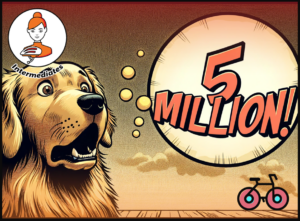
The Truth About €1 Million Broker Guarantees
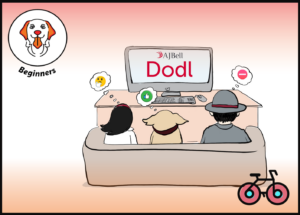
Dodl By AJ Bell Review – AJ Bell’s Younger Brother

Vanguard LifeStrategy Review – A Retriever In A Babushka Doll

Why Do Portfolio Managers Care About Factors? It’s Not What You Think.
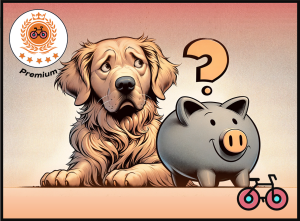
Money Market Funds: Are ETFs The Best Bang For Your Buck Or A Risky Ride?
HELP US
🙋 Wondering why finding honest Investing Guidance is so difficult? That’s because running an independent website like ours is very hard work. If You Found Value In Our Content And Wish To Support Our Mission To Help Others, Consider:
- 📞 setting up a coaching session
- ☕ Treating us to a coffee
- 🐶 Purchasing Our Official Merchandise
- ❤️ Exploring Other ways to support our growth, both financially and non-financially.
DISCLAIMER
All information found here, including any ideas, opinions, views, predictions expressed or implied herein, are for informational, entertainment or educational purposes only and do not constitute financial advice. Consider the appropriateness of the information having regard to your objectives, financial situation and needs, and seek professional advice where appropriate. Read our full terms and conditions.







